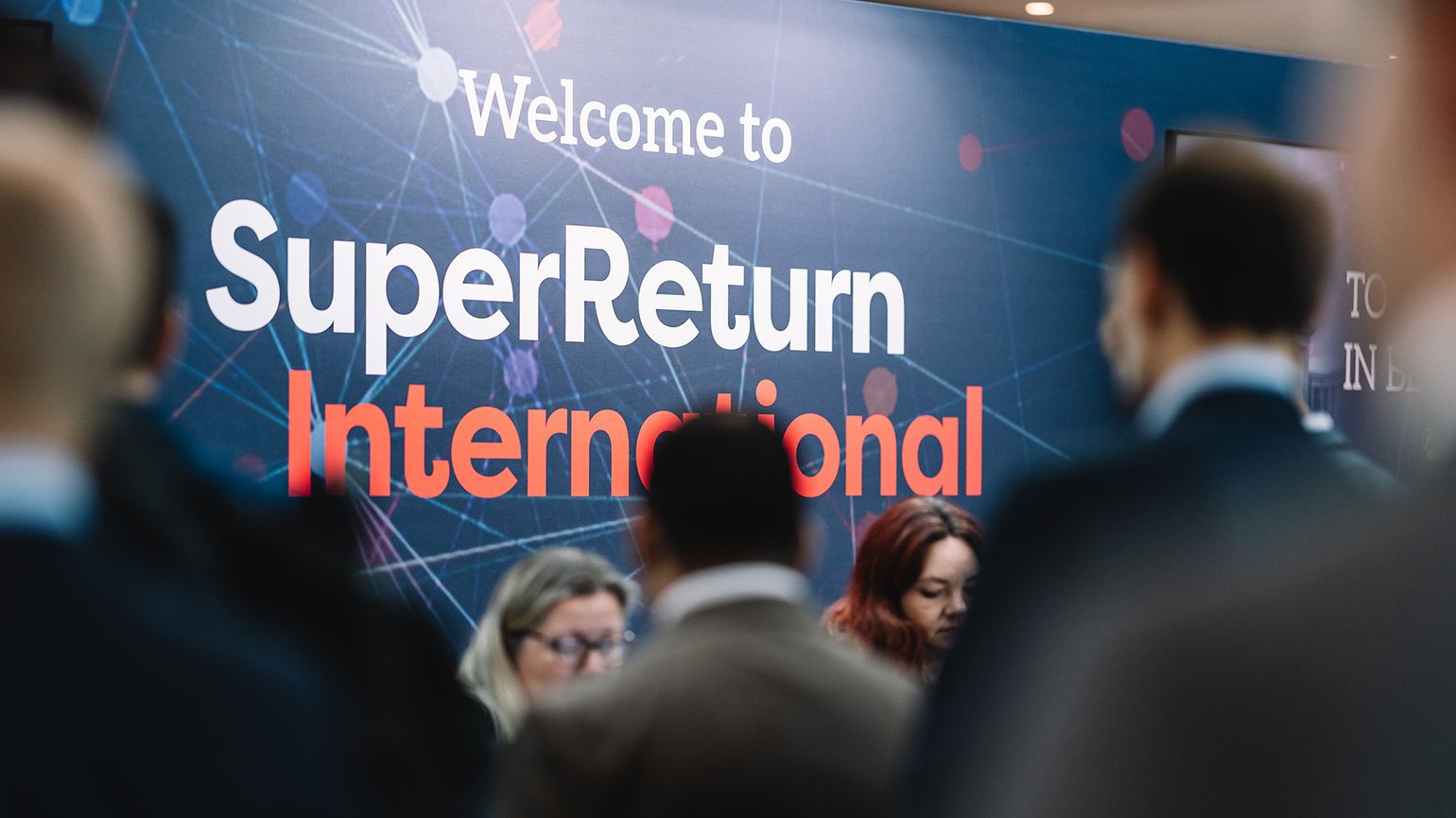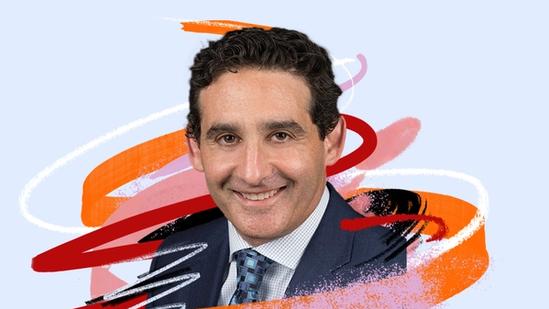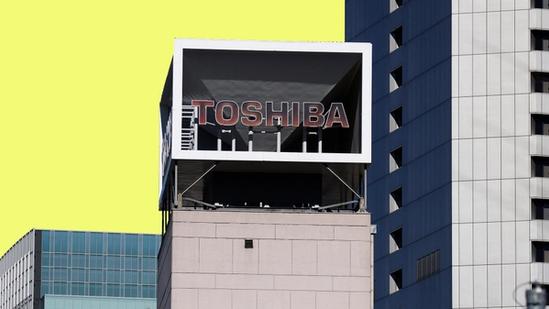What Happened at SuperReturn 2024


We attended SuperReturn, the leading private equity conference in Berlin, where some top decision-makers shared their thoughts on optimism and challenges for 2024
- SuperReturn 2024 conference brought over 5,000 private market specialists from more than 70 countries to Berlin in July.
The largest gathering of its kind, the SuperReturn 2024 conference brought over 5,000 private market peers from more than 70 countries to Berlin last month. With over 1,500 limited partners and 2,400 general partners in attendance, it marks one of the most anticipated weeks on the private equity calendar.
After a tough few years in the industry, record numbers attended and the schedule was packed with programming, networking and dealmaking. Speakers included leaders from leading global private equity firms like EQT and more. These decision-makers shared their outlooks for 2024 and beyond – here’s what topics were on the table.
Growing infrastructure confidence
Ever since BlackRock acquired GIC back in January, infrastructure has been the belle of the ball in PE circles. While many speakers at SuperReturn 2024 struck a gloomy chorus, one strategy that did appear to engender confidence was infrastructure.
As EQT’s Asís Echániz put it in comments made to Reuters: “Some of the elements are similar to 12 months ago: continued inflation, labor issues, and geopolitical events are all leading to uncertainty. But within private markets, green shoots are appearing, for example in infrastructure, which is being recognized for its defensive attributes. More broadly, financing markets have partially recovered, although there are still some question marks over the direction of interest rates. The big question on everyone’s mind is when will we start to see more exits? Things are improving, but some valuation differences remain.”
Challenges (for some firms) achieving returns and exiting investments
Another hot topic: the current challenges in achieving returns and exiting investments. The higher interest rates in Europe have made it more difficult for some private equity firms to achieve the return levels seen in the past. Others have suggested that sponsors would need to get creative in devising ways to return capital to investors, ultimately having to accept a lower valuation environment.
The European IPO market, once a viable exit route, has been fundamentally altered by changes in the private equity market driven by indexation. This shift has made IPOs a less attractive option for many private equity firms looking to exit their investments. Many attendees at SuperReturn are struggling to sell portfolio companies and return capital to their limited partners, as reported by Private Equity News.
However, as proven by the Galderma IPO earlier in 2024, firms like EQT have managed to find success despite unfavorable market conditions. As EQT’s Magnus Tornling recently commented in his recent ThinQ piece: “The number of IPOs has fallen significantly so far this year, for sure, and it will take time for the market to heal. However, high-quality companies are still choosing to come to market. The key to success — for the companies, their investors, and buyers of equities — is pricing.”

Optimism for future dealmaking
Despite these challenges, there was a sense of optimism about future dealmaking among executives at the event. David Miller, Morgan Stanley Investment Management’s global head of private credit and equity, predicted an acceleration in dealmaking later in 2024 and into 2025, driven by the demand for capital returns by limited partnerships.
In an exclusive interview with CNBC TV, Christian Sinding, CEO at EQT, agreed with Miller’s assessment, stating: “I believe we’re in a genuine recovery. Talking to my colleague the other day, he described the credit markets as ‘hot.’ That might be a bit of an exaggeration, but all sources—syndicated loans, bank loans, private credit, high yield, and private high yield—are available and competitive. Base rates are stabilizing, and margins are coming down, which is facilitating dealmaking. I expect dealmaking to increase as the year progresses.”
The Rise and Rise of Large Cap Buyout in Asia
As Europe and America find themselves still navigating market uncertainty, Asia-Pacific’s (APAC) PE professionals are enjoying a period of sustained stability and – for some – even growth. As EQT’s Kosmo Kalliarekos, based in Hong Kong, put it: “For [EQT], this is one of the best times we’ve seen in the past 25 years. Our deployment of capital has been very intense over the past 12 months, as well as exits. We generated more than $4bn worth of exits.”
Speaking about opportunities for APAC markets, he adds, “both the US and European markets have, over the past 15 years, gotten very used to very low interest environments and benign economic conditions. We haven’t had that in Asia. We had to really create value in a fairly stable but not necessarily growing equity environment.
“After 30 years of growth in Asia, we really have large, sophisticated companies, which is a great opportunity for us, being a large-cap buyout fund. Scale, which is what has happened in Asia over the past 30 years, has led to much larger companies, more sophisticated balance sheets, more sophisticated management teams and leadership teams, much deeper and liquid capital markets and debt markets. We really see these megatrends continuing, potentially even into the next century, as the underlying demographics and scale of Asia itself continues to really grow.”
ThinQ is the must-bookmark publication for the thinking investor.



